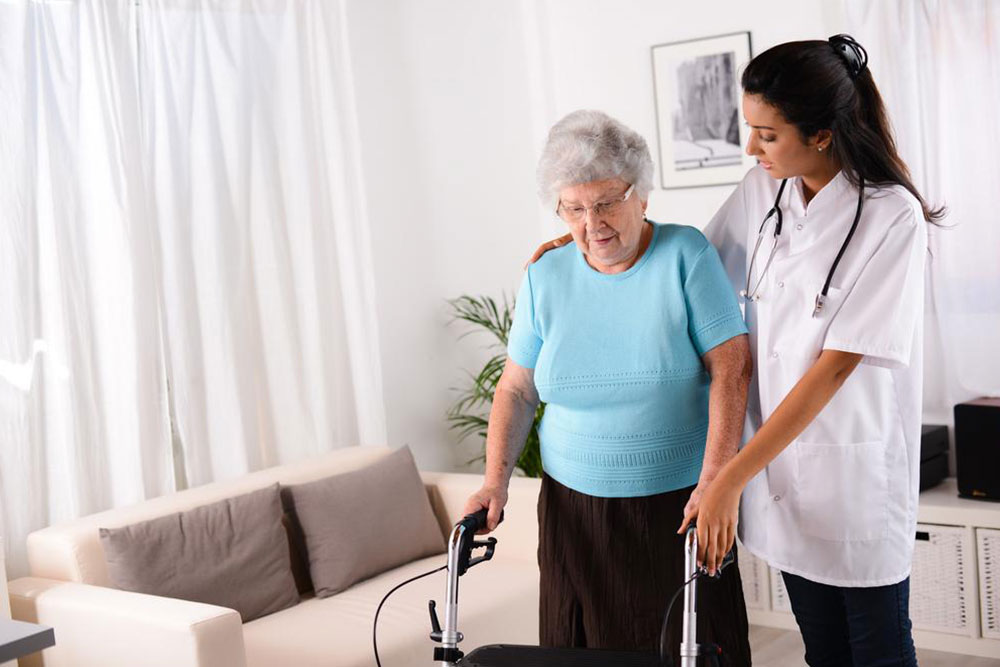Key Indicators That Signal It's Time to Consider Moving Your Elderly Loved One to Assisted Living
Understanding when to transition seniors to assisted living is vital for their safety and happiness. This comprehensive guide highlights critical signs such as difficulty with daily tasks, nutritional issues, social withdrawal, and behavioral changes. Recognizing these indicators early allows families to make informed decisions, ensuring their loved ones receive the necessary professional care and support. Assisted living communities provide a safe environment, personalized assistance, and social opportunities, enhancing seniors' quality of life. Learn how to identify these signs and navigate the transition smoothly to prioritize your loved one’s health and well-being.

Understanding When Seniors Need the Assistance of Assisted Living Communities
Aging is an inevitable part of life, and while many seniors thrive while aging in their own homes, there are times when moving to an assisted living facility becomes the safest and most beneficial choice. Recognizing the signs that indicate it’s time for professional care is crucial for maintaining your loved one's health, safety, and quality of life. Although this decision can be emotionally taxing, understanding the key indicators can help guide families toward making informed, compassionate choices that prioritize safety and dignity.
Difficulty Performing Daily Tasks?
One of the earliest signs that an elderly person may need additional support is difficulty with routine daily activities. If your loved one struggles with cooking meals, managing their medications, maintaining personal hygiene such as bathing and dressing, or handling household chores, these are clear signals that they require assistance. Assisted living communities are equipped with trained staff who can help with these essentials, ensuring safety without compromising independence.
Changes in Nutritional Habits and Eating Patterns
Proper nutrition is vital for health, especially in seniors. Reduced mobility or cognitive decline can hinder their ability to prepare nutritious meals, leading to unintended weight loss, dehydration, or nutritional deficiencies. Assisted living facilities provide balanced meals tailored to individual dietary needs and deliver medication reminders, which are critical to maintaining overall health.
Home Maintenance Becoming Overwhelming
As mobility decreases or energy wanes, maintaining a household can become overwhelming. Tasks such as cleaning, yard work, laundry, and home repairs become burdensome or unsafe to undertake alone. Transitioning to assisted living can relieve seniors from these chores, allowing them to focus on enjoying their environment and participating in social activities instead of managing household responsibilities.
Withdrawal from Social Life and Hobbies
Social isolation can significantly impact seniors’ mental and emotional health. If you notice your loved one withdrawing from social events, hobbies, or family gatherings, it could be a sign of loneliness, depression, or cognitive decline. Assisted living environments foster community engagement, offering opportunities for social interaction, shared activities, and companionship that can greatly enhance their emotional well-being.
Sudden or Progressive Behavioral and Cognitive Changes
Mood swings, forgetfulness, confusion, or wandering are indicative of mental health issues or cognitive impairment such as dementia. These changes not only affect their quality of life but also pose safety risks. Professional care providers in assisted living facilities can monitor and address these behaviors appropriately, ensuring safety and proper medical intervention when needed.
Frequent Falls or Accidents
Falls are common among seniors and can lead to severe injuries that diminish mobility further and increase dependency. Repeated falls or accidents highlight the necessity for a controlled environment with constant supervision and safety features. Moving to an assisted living community reduces fall risks and promotes faster recovery thanks to immediate assistance and tailored support.
Lack of Supportive Community or Nearby Family
Having a strong support network is essential for senior well-being. If your loved one lives alone far from family or lacks social connections, they are at higher risk of neglect and loneliness. Assisted living facilities provide 24/7 care, medical support, and social activities that foster a sense of belonging and community, significantly improving their quality of life.
Making the decision to transition your loved one into full-time care is often emotional and complex. It’s important to involve them in the decision-making process, consult healthcare professionals, and choose facilities that are licensed, staffed with qualified caregivers, maintain high standards of hygiene, and provide emergency support. Selecting a community that offers engaging activities, social interactions, and personalized care plans can greatly enhance their happiness and health.
Recognizing these key signs can empower families to make proactive decisions about senior care, ensuring loved ones receive the appropriate support that promotes safety, independence, and a fulfilling life in their later years.





